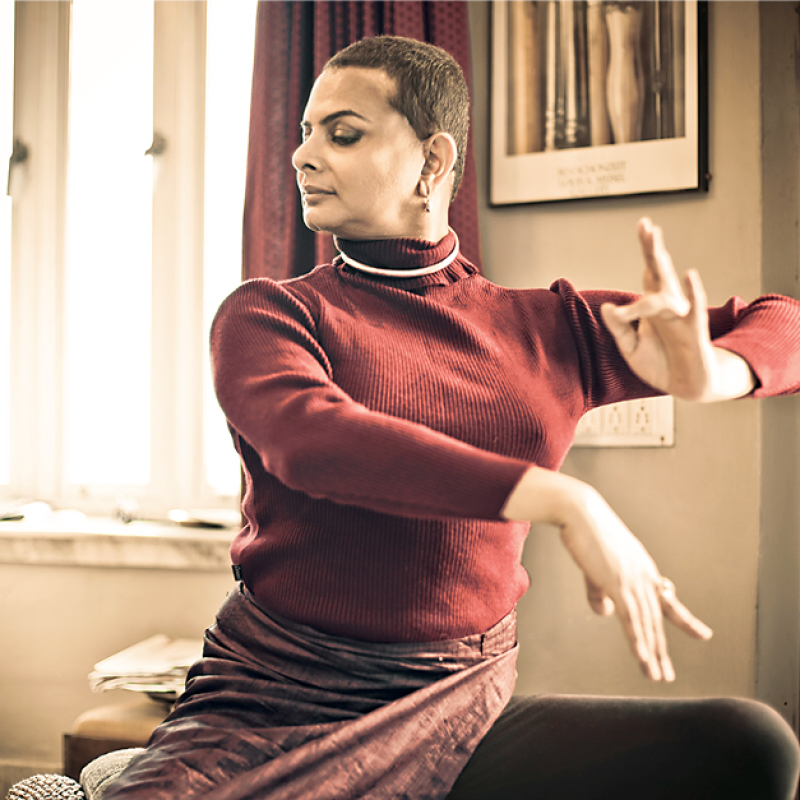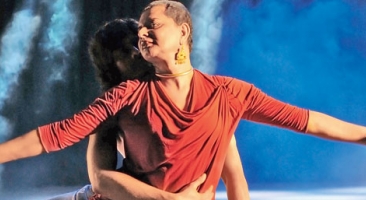Rituparno Ghosh (1963–2013), the gender nonconformist, homosexual Bengali filmmaker, created a space for sexual and gender minorities on the silver screen. With seven national and international awards, he was recipient of a kind of stardom that was unprecedented for any publicly known queer person in Bengal. His films not only contribute to gender sensitisation in Bengal but also champion the cause of India’s LGBTQ+ population.
Ghosh wrote and directed openly queer characters in his cinema and validated them to his audience by borrowing from native literary tradition and cultural values. His cinema employed Tagore’s lyrics, Brajabuli songs and Vaishnava poetry, borrowed from the myth of Princess Chitrangada, and sought androgyny in the figure of Chaitanya Mahaprabhu, making queer living relatable to his upper-middle-class audience.


